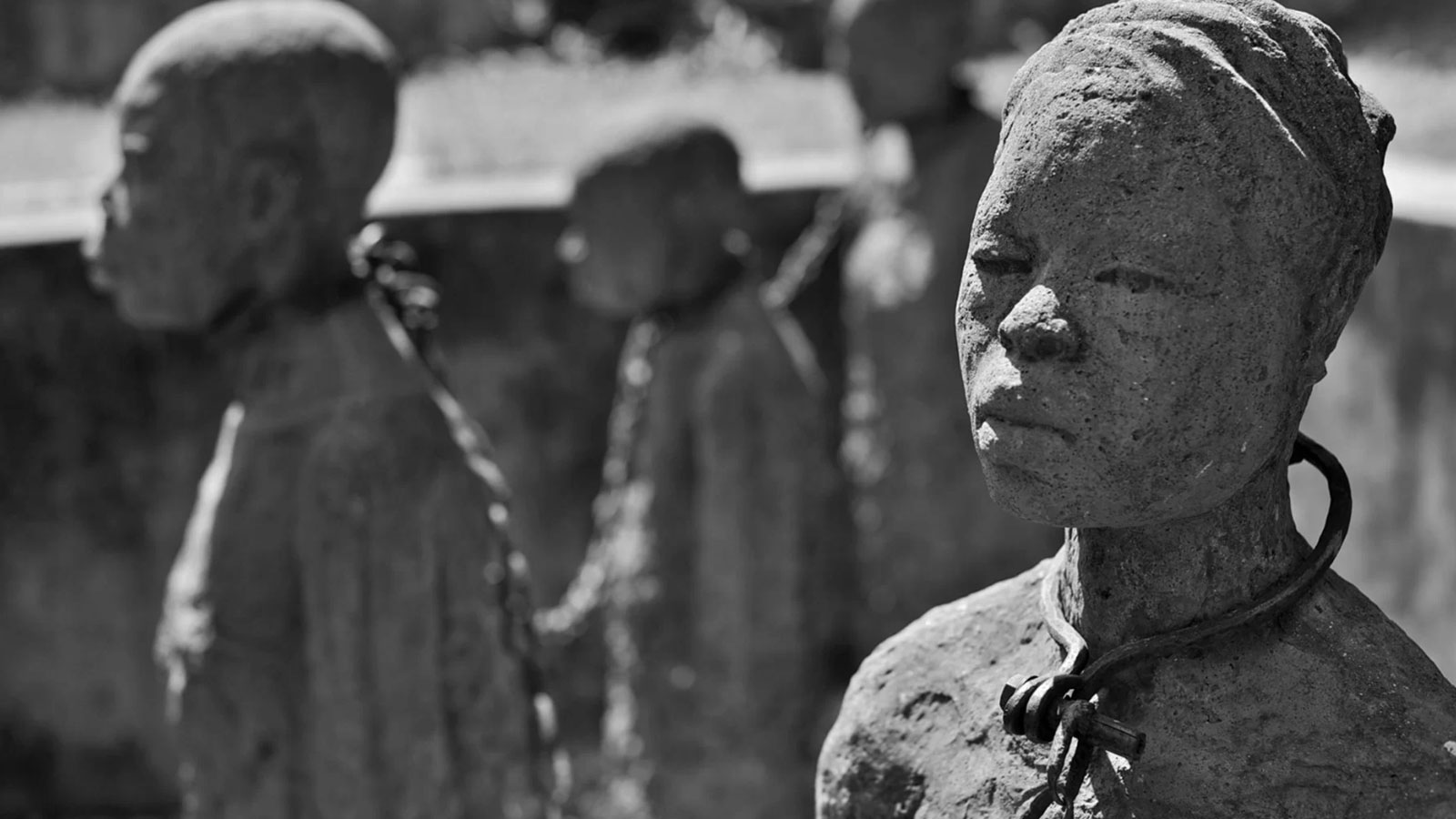On the night of 22 to 23 August 1791, in Saint Domingue, today the Republic of Haiti, saw the beginning of the uprising that would play a crucial role in the abolition of the transatlantic slave trade.
It is against this background that the International Day for the Remembrance of the Slave Trade and its Abolition is commemorated on 23 August each year. It was first celebrated in a number of countries, in particular in Haiti (23 August 1998) and Gorée Island in Senegal (23 August 1999).
This International Day is intended to inscribe the tragedy of the slave trade in the memory of all peoples. In accordance with the goals of the intercultural project “The Routes of Enslaved Peoples”, it should offer an opportunity for collective consideration of the historic causes, the methods and the consequences of this tragedy, and for an analysis of the interactions to which it has given rise between Africa, Europe, the Americas and the Caribbean.
“It is time to abolish human exploitation once and for all, and to recognize the equal and unconditional dignity of each and every individual. Today, let us remember the victims and freedom fighters of the past so that they may inspire future generations to build just societies.” — Audrey Azoulay, Director-General of UNESCO
The Director-General of UNESCO invites the Ministers of Culture of all Member States to organize events every year on that date, involving the entire population of their country and in particular young people, educators, artists and intellectuals.
Source: Unesco
Featured image: Slave monument in Zanzibar















